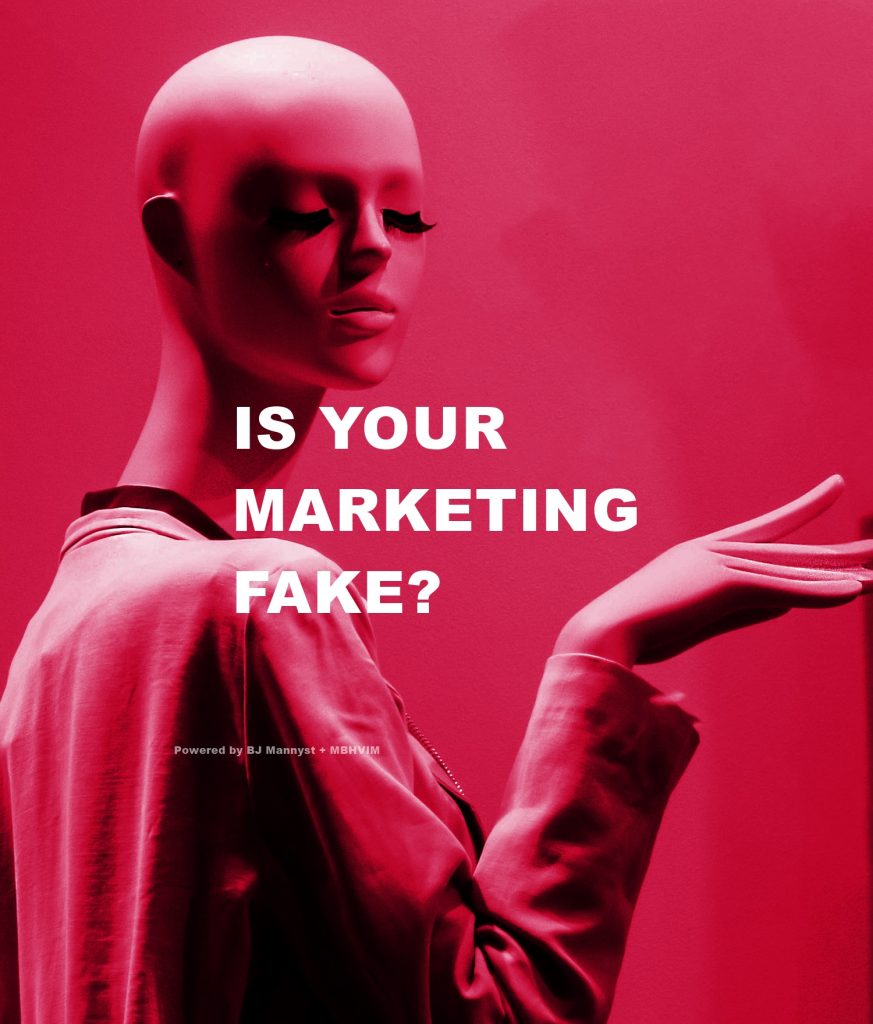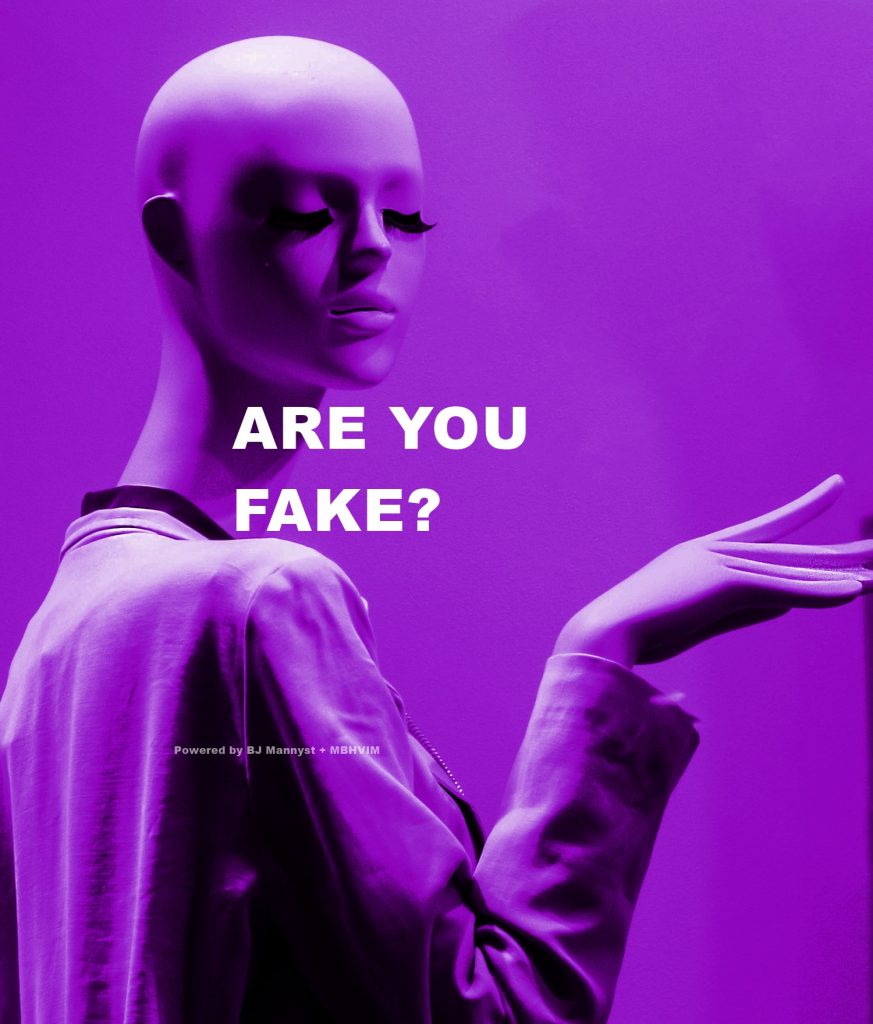
Great news, We are collaborating with the Trillionaire Elon Loud Musketeer Jr to create a new bible for the people of Mars. We’ll call it “God Hosts Mars Sex Parties“.
Everyone wants attention and everyone wants attention that converts. On Instagram, TikTok, Facebook, LinkedIn, Events, media, and offline. People and businesses would do anything. First not here to point the rights and wrongs just wanting to know how common is this? Is it like 50% of all posts are fake bullshit or just exaggerated a bit BS? How do people spot the BS, scams,? And what Founders, Marketers, CEO, investors need to consider before they push BS claims a.k.a Fake Messages.
- Do you have to fake it, BS, exaggerate just to break through the noise today?
- Is it free speech to spread misinformation or is it art?
- Who is responsible for checking your claims?
- Do you have to obey any ethical code?
- Do you know how to deliver an authentic marketing campaign?
Lots of questions…What caught our attention recently is a story about a TikToker who faked having Monkeypox to promote his music. Sure there are worse examples but simply what happened was that the hoax went wrong when people unknowingly took it seriously and thought he was intentionally putting the public at risk. Viewers thought he had exposed himself at a McDonalds restaurant and had touched a McDonald’s employee. He has since apologized but made a statement that every consumer or B2B needs to always consider before buying anything. He said, “I created the content. What your mind did with it is on you. I can’t control your assumptions,”.
Then comes this guy (another example), Andrew T___, we hardly heard of but his approach to marketing relates to our topic. According to a BusinessInsider article and The Guardian article: “ Andrew T____ ran a program to help his subscribers make money through access to “stock analysis, options plays, crypto analysis, affiliate marketing, and more and it was called Hust___lers Uni______ty. Andrew T___ is a kickboxer-turned-influencer and is known for his violent comments about women. ”
Now he is banned from a variety of social media platforms including TikTok because he violated policies around dangerous organizations and individuals, and that he also violated policies on hate speech. The university affiliate marketing program he ran is now closed.
It has been alleged that “He frequently posts advice directed at young men and spews misogynistic and violent comments about women.”
Our marketing and business view is that he took this path with his personal brand and business brand. It’s understandable that he doesn’t appeal to the masses however he failed to realize the world he needed to operate in. Most people will tolerate fake people or questionable ways to make money however the moment you, your employees, your followers, and your company become harmful to others, the game is over.
Our Team Perspective
There’s a line Founders, Investors, Marketers, and organizations must not cross if they wish to stay in business for decades. Do everything in your power to Do No Harm.

The finance industry and nutritional supplements industry was another example we wanted to explore however we rather get to the heart of this content.
SO ATTENTION: INFLUENCERS, ARTIST, BUSINESSES, SMB, ENTERPRISE, BANKS, CONTENT PRODUCERS, FOUNDERS, MARKETERS, INVESTORS, STARTUPS, ETC
MARKETING, PROMO & AD BEST PRACTICE TO CONSIDER
(Thanks to the The American Marketing Association for their inspiration for this section)
- Put together a clear and simple ethical behavior standard when it comes to serving users/clients
- To avoid consumer confusion and mistrust, you must strive to clearly separate paid advertising from actual news / content.
- Make sure people know you are expressing your own opinions, your business opinion or are being compensated by a brand.
- Encourage full disclosure regarding the authenticity of comments on your Facebook, Twitter and other social media platforms.
- Let people know that the people commenting are close associates, relatives, partners, etc
- Extra care must be used when advertising to children, gamblers, alcoholics, and other vulnerable targets to avoid misleading or mistreating them.
- Advertisers should also use discretion based on the nature of the product or service, especially alcohol, cannabis, and prescription drugs.
- Effort should be made to give consumers greater control over the collection and use of their data.
- Marketer, Advertisers, Founders should follow and / or consult federal, state and local advertising laws, and cooperate with industry self-regulatory programs
- If it feels like you’re exploiting, lieing, and manipulating someone to buy your s____ then you don’t have a business.
- Everyone in or outside your company should be able to express ethical concerns without retaliation.
- Have an attitude of respecting your users and clients
- Consciously avoiding harmful omissions
- Striving for good faith and fair dealing
- Strive to be truthful in all situations and at all times
- Offer products of value that do what you claim in your communications
- Stand behind your products or service if they fail to deliver their claimed benefits
- Honor your explicit and implicit commitments and promises
- Be responsible with your social, economical and marketing powers
- Be thoughtful about your environmental impact
- Avoid engaging in price-fixing, predatory pricing, price gouging or “bait-and-switch” tactics
- Avoid knowing participation in conflicts of interest
- Seek to protect the private information of customers, employees and partners
- Value individual differences and avoid stereotyping customers or depicting demographic groups (e.g., gender, race, sexual orientation, religious beliefs, etc.) in a negative or dehumanizing way.
- Listen to the needs of customers and make all reasonable efforts to monitor and improve their satisfaction on an ongoing basis.
- Make every effort to understand and respectfully treat buyers, suppliers, intermediaries and distributors from all cultures with respect & dignity
- Acknowledge the contributions of others, such as consultants, employees and coworkers, to marketing endeavors
- Treat everyone, including your competitors, as you would like to be treated.
- Strive to communicate clearly with all stakeholders
- Accept constructive criticism from customers and other stakeholders
- Explain and take appropriate action regarding significant product or service risks, component substitutions or other foreseeable eventualities that could affect customers or their perception of the purchase decision
- Disclose list prices and terms of financing as well as available price deals and adjustments
- Strive to protect the ecological environment and communicate sustainability efforts and aspirations honestly and transparently in the execution of marketing campaigns
- Give back to the community through volunteerism and charitable donations
- Contribute to the overall betterment of marketing and its reputation
- Urge supply chain members to ensure that trade is fair for all participants, including producers and their families in developing countries
***Yeah, this all seem like some Kumbaya or Utopia law however if you want to stay in business for long then use it.
AUTHENTIC MARKETING BEST PRACTICE TO CONSIDER
- Your customers and employees are the ones that make your business shine so celebrate them / acknowledge them.
- What’s one thing your company stands for and will deliver every time no matter what?
- What is your internal culture like?
- What values keeps your team glued?
- What value will your team not compromise on?
- Have you developed a Brand Style Guide? (Message for a Free Template)
- Is your branding consistent?
- Do you welcome and gather as much feedback as possible 24/7?
- What’s their true perception of your brand and company?
- Do you provide value and education?
- Do you have subject expects and thought leaders on your team?
- Do you feature your internal and external contributors?
- Have you humanized your brand with backstories, people, community, adversity, conquests, etc.
- Do you emphasize benefits your users want?
- Do you always test your content, message, visual before launch?
- Do you or your company share vulnerable moments in and outside your team?
- Have you stop trying to be something you’re not (fake) ?
SALES BEST PRACTICE TO CONSIDER
- You respect their choices and opinions instead of forcing your agenda on them
- Always be honest about possible and likely impact your product will make
- Once you lose trust it’s much harder to regain it
- Think on this line, it’s cheaper to keep good customers than go out and find new ones
- One negative experience could be a deal breaker
- Unhappy customers may also overwhelm your customer support department with complaints and refund requests
- If you don’t deliver on your promises they will tell the world
- Don’t attack your competitors however you may compare or show differences
- Go for the serve and show don’t do hard sell
- You are helping buyers make informed decisions
[ The Serve Don’t Sell (SDS) Method is made of five stages you can follow in sequence]
[ Fit: define your Perfect Fit Client (PFC) using demographic and psychographic factors such as job title, industry, company size, beliefs, core problems, previous experience
[ Discovery: establish your prospect’s personal and organizational pain points, why this change needs to happen now, their goals, objectives and motivations
[ Offer: include your prospect’s pain points and goals, how you can help, examples of similar previous clients, options of working with you and a Q&A section
[ Agreement: send a written proposal, collect and address unmet needs and get a signed contract
[ Transition: onboard and prepare your client, establish points of contact and send supporting materials and documentation that will make them more successful
- Encourage open communication around goals, setting goals, sales cycle, tracking and expectations
- Create a safe space for everyone even if there’s urgency to meet goals
- Make sure you are a founder, leader that can uphold good values
- Take the time to hire the right sales person, account executive, marketer
- Are the people on your team helpful?
- When your teammates speak or txt is there frequent lies?
- How well do you treat others?
- Do they have an healthy ego?
- Do they care for others?
- Do they cope well under stress and pressure?
- How well do they handle rejection?
- Have you created a few collateral, content, material, cold calling scripts and cold email templates which reduce ethical / branding problems
- Don’t assume people will be consistent so run regular training sessions and reminders
- Is your code of conduct for ethical selling clear and straightforward?
- Are there any sales call or cold email or Inmail scenarios you haven’t yet addressed and covered?
- Do the content, scripts and templates still work?
- Is there an ongoing ethical challenge you need to fix?
- Is it easy for reps to share any issues around current sales quotas?
- Would you be embarrassed if a customer found out about your bad behavior?
- If you were the customer would you be upset if a sales rep did this to you?
- Are you about to do harm and jeopardize your name because you think you can get away with it?

BENEFITS OF NOT BEING FAKE OR SHARING FALSE CLAIMS
- Customers will be more emotionally invested and committed to brand
- Are less sensitive to price differences compared to others cause you’ve lowered risk
- Customers will perceive the brand as superior
- You will attract better talent and customers
- High customer satisfaction
- Customer loyalty
- Positive word-of-mouth makes for effective marketing
- Longevity
BILLING BEST PRACTICE TO CONSIDER
- Stop Trying to sneak in hidden charges or false charges
- Stop failing to post customer payments when they were received, leading to late fees and “high credit risk” fees.
- Stopping unauthorized charges as promised
- Stop making your billing so complicated
- Stop charging for set-up, transactions, and membership despite having made representations that you will not charge such fees.
- Stop charging recurring fees for programs without customer authorization
- Create a fee agreement that lays out a framework and sets expectations. It also explains how fees are calculated
- Make sure that your fee agreement includes billing details
- Your fee agreement should also explain exactly what costs your clients will be responsible for paying
- Lay out these expectations clearly in the written fee agreement so that the client is fully informed about your process and isn’t surprised when they receive their bill
- Regardless of how busy you are, schedule a specific day to take care of your billing responsibilities.
- Billing consistently on the same day each month will help your clients plan their budget.
- Look at billing as an opportunity to show your clients what you have done for them
- Need to convey value that clients can understand and fully appreciate
- Your rate or fee should be sufficient to pay your bills and have a decent profit
- Nickel and dimming you clients should be assess
***Interested in finding out a quick overview of BJM (BJ Mannyst) Marketing Services, overview and how we can assist your service business?

